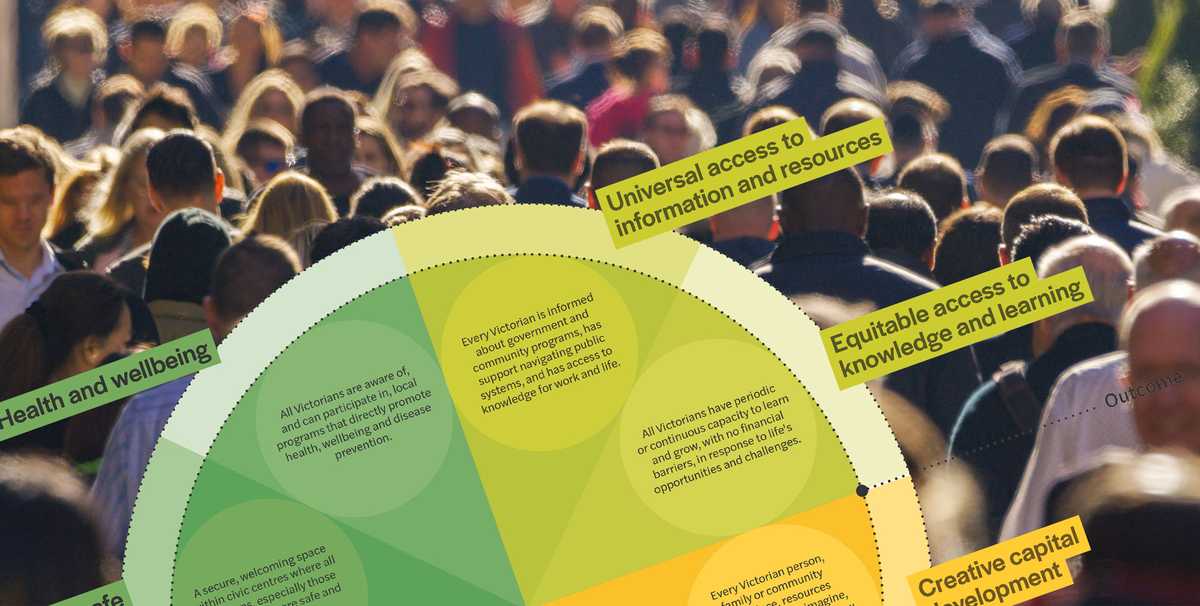
Has Covid-19 killed purpose?
Purpose has been a consistent narrative of business leaders for the past few years. Countless studies have demonstrated the relationship between a strong corporate purpose and employee performance, customer advocacy and brand equity.
However, as with every other seemingly entrenched and stable business practice, Covid is placing a dirty mirror before the concept of, and assumed power, of purpose. One that refracts and is hard to see through.
Afterall, if you don’t have a job, you’ve been stood down, your hours have been reduced or your bonus just got punted into the indiscernible future, how important is the social or environmental value proposition? The economic reality is probably blanketing all else.
At home, negotiating with the lender or the landlord, that is definitely true. But, if we cast that worldview back up to the C-suite, is it beneficial or unwise to share it?
As citizens, we are celebrating nurses and other frontline workers like never before. Nothing has united us like this virus (toilet rolls aside, the hard data says pervasively we’ve been obedient and respectful). Aberrant behaviour is seen as letting the team down or worse, risking lives. We have had to check in with our ethics and values, and came up strong.
Arguably, confinement has shown us just how much waste we produce and how much we value community cooperation. Climate change is not front and centre, but relevant behaviours are. Covid has reminded us how quickly we can change long held behaviours when moved to do so, united by a purpose.
Data from market researchers is providing confidence that purpose is respected and welcome:
- Brands that acknowledge the crisis and provide tangible help can be very powerful
- Brands with a pure emotional response, as long as it is authentic and on-purpose, are connecting with audiences.
- Business as usual ads are ok – consumer engagement with existing propositions is not fundamentally changed by the crisis.
If a company is on-brand and on-purpose, customers are supportive. In fact, you provide stability in an uncertain world. You are as rock solid as you have ever been.
Companies that have had to reduce workforce numbers of hours (and that’s most businesses) need an ethical reference point as they push people further towards the sources of anxiety they read about, without end, in the media every day (and talk about very nervously on video chats with nervous friends).
Lead with a narrow economic message, act like revenue and profit have primacy, and you’ll be seen as heartless and untrustworthy. Retained employees might stay (for now) but engagement and productivity (already challenging from the bedroom) will almost definitely slump.
Brands need to show that they are actively integrating broader public health needs into their purpose to succeed. Those who do not, will be held to account by investors, customers and the media.
For a painful example, read more about MeBank.
Others like Scottish brewer, Brewdog, have shown how you can combine purpose – in Brewdog’s case, a sense of fun, community and craftsmanship, while making clear your support for public health. Even as Brewdog announced its pivot to producing sanitisers, it was opening virtual bars to promote social connection, all while announcing a 70% decrease in revenue.
So, defining or reinforcing purpose, and expressing ethics in communication and actions, has never been more important.
Purpose has built trust; it is a compact with everyone that matters to business sustainability and resilience. And, in disruption, comes the opportunity to innovate and grow, to rediscover the importance of purpose in your organisation – to ‘not waste the crisis’. It is a unifying foundation for the uncertain future to come.
Why Purpose?
Purpose has emerged as a reference point of employees, customers and stakeholders. They look for it, particularly in relation to employment, social trends and when issues arise. Purpose is not an obligation. It is an expectation.
Consumer and employee expectations are changing. Nearly two-thirds of consumers globally (63%) prefer to buy goods and services from companies that stand for a shared purpose that reflects their personal values and beliefs (Accenture 2018). Companies can address these expectations head on by embedding purpose into value creation.
Trust is rising from an all-time low. Trust in all institutions is rising from an all-time low in 2018 (Edelman Trust Barometer). To continue to grow, businesses must respond to investor, consumer and employee demands for greater transparency through reporting, communications and evidence-based decision-making.
Innovation and continuous improvement. The process of mapping, defining and co-designing business purpose leads to service and product innovation based on solid fundamentals. A focus on purpose alongside profit is therefore much more than a strategy in reputation; it is a pathway – using contemporary design-thinking and social innovation methods – to business resilience and growth.
Defining and articulating social and financial impact provides an opportunity for leadership and brand differentiation. Businesses are undergoing intense scrutiny. People want to know more about the organisations they buy from. 52% of Millennials say that they always research background information before buying products (McKinsey and Co 2018). By clearly communicating the value they bring to individuals, families and communities, organisations can engage a new generation of customers and employees.
Purpose and trust.
Every day, businesses do good things yet, too often, it is the mistakes and failures that are used to define companies. If a company sells itself as ‘good’ it raises expectations and risk. Particularly if the claims are not backed with evidence. You should always show, not tell.
A simple way to view the role of purpose is the theatre stage. The set defines the world in which the actors conduct their roles. It has scale, detail and embodied emotion. The actors go to work within this backdrop: it grounds and guides their work, and inspires them. The interplay between the stage and the actors is ‘the show’ that people pay to see and feel. Without the backdrop, there is just the work and an interpretation of the world they act within. There are unanswered questions.
A purpose says ‘we have worked hard to understand our place in the world’. It acknowledges that doing good is an ambition – it makes business sense – but does not say ‘we don’t make mistakes’ or that staying true to purpose doesn’t have challenges.
A common purpose, consistently applied, builds trust and brand resilience. This enables businesses to take risks, weather reputational challenges, and innovate for growth as different conversations and relationships are formed.
Purpose and identity.
Acknowledging that we all attribute human characteristics to corporations, when experienced together, purpose, brand and values comprehensively answer the question ‘who is your organisation?’ It defines organisational identity. Companies know the power of brand identity as an expression of the experience people can expect from interacting with the brand.
Brand equity has a financial value. In January 2020 Woolworths was crowned Australia’s most valuable brand with a brand value of AU$11.8 billion. Followed by Telstra at $11,684m, Commonwealth Bank at $10,224m, and BHP Billiton at $8,399m.
Corporate values are expressed in the behaviour of the company (the decisions it makes) and the actions of its people. Values relate to ethics, culture and the actions required to perform as customers and society expects.
Purpose defines how a company is changing (and will change) the world for the better. It expresses the company’s ambition relevant to the society of which it forms a part. It should unite employees and customers in its achievement. It should express the company’s values and be felt in the brand expression but, in addition to this, take a stand on the issues relevant to all the people it reaches.
Purpose and shared value.
Shared value is defined as policies and practices that enhance the competitiveness of companies while improving social and environmental conditions in the regions where they operate. It is a business strategy focused on companies creating measurable economic benefit by identifying and addressing social problems that intersect with their business.
What has shared value got to do with purpose? If purpose is the ‘why’, we see shared value as a strategic framework for the ‘what’. And it is the ‘what’ the executives need to understand: what is the company going to do with its purpose, and what business returns will it achieve. Using shared value, in workshops Ellis Jones consultants can frame intended impacts as:
- Product and service innovation: new approaches and conversations with employees and customers to design higher value outputs in rapidly changing contexts.
- Value chain engineering: using purpose to inspire, challenge, guide and support employees and suppliers to innovate and achieve greater value.
- Partnerships: being clearer about the role your organisation can play with public, private and NFP sector organisations to partner for resilience, regulatory change, new channel development or innovative design.
Purpose and Covid-19: an opportunity to outperform.
Australian business leaders have faced the most stark decisions, in a fluid and deeply unsettling environment. Risk assessment and mitigation have often taken too long to define and metrics are not relevant enough. Rules apply – trading while insolvent is not an option; supplier agreements need to be met.
Among all of this, on balance, corporate Australia has acted admirably. CEOs have led, conscious that people need emotion and action.
Asking employees, customers and suppliers to bear some of the burden has often been unifying.
Purpose had already emerged as a reference point of employees, customers and stakeholders. They look for it, particularly in relation to employment, social trends and when issues arise. Purpose is not an obligation. It is an expectation. It’s absence is conspicuous and destabilising.
Purpose was a platform for the action of our best leaders; and, it will be a platform for recovery. Australians will dig deep when we feel there is shared prosperity ahead – for us, our family, our co-workers and neighbours.
We are united by shared purpose: Covid-19 has shown us so.
Talk to us about establishing and expressing your company’s purpose as a post-covid strategy to build customer and employee advocacy.

